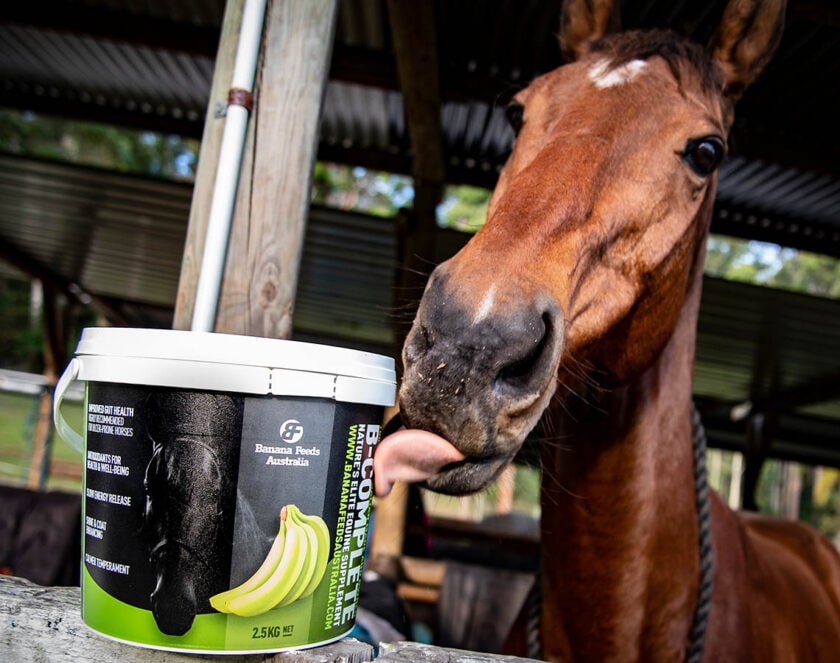
The Vital Importance of Gut Health for Horses
In the equestrian world, the well-being of your horse is always a top priority. While proper nutrition and exercise are commonly acknowledged as crucial elements of equine care, the significance of gut health often goes unnoticed.
Why Gut Health is So Important
The equine digestive system is a complex network that plays a pivotal role in the overall health and performance of horses. Here, we’ll explore why maintaining optimal gut health is essential for the well-being and longevity of our equine companions.
The Equine Digestive System
Before delving into the importance of gut health, it’s essential to understand the intricacies of the equine digestive system. Horses are herbivores with a unique digestive tract designed for a diet of forage.
The digestive process begins in the mouth, where horses grind down fibrous plant material through chewing. From there, the food travels through the oesophagus to the stomach, where digestion truly commences.
Unlike other animals, horses have a relatively small stomach that is sensitive to overloading. This makes it crucial for them to consume small, frequent meals throughout the day.
From the stomach, partially digested food moves into the small intestine, where the majority of nutrient absorption takes place.
The remaining indigestible material then enters the large intestine, composed of the cecum and colon, where fermentation by beneficial microbes occurs. This microbial fermentation is a key aspect of the digestive process, as it helps break down fibrous materials and extract additional nutrients.
The Importance of a Balanced Microbiome
At the heart of gut health lies the microbiome – a diverse community of microorganisms, including bacteria, fungi, and protozoa, residing in the digestive tract. The equine gut microbiome is particularly crucial for the horse’s well-being.
These microorganisms play a fundamental role in breaking down complex carbohydrates, aiding in the absorption of nutrients, and supporting the overall health of the digestive system.
When the balance of the gut microbiome is disrupted, it can lead to various health issues, including colic, diarrhoea, and even systemic inflammation.
Antibiotics, stress, changes in diet, and other factors can negatively impact the microbial community, underscoring the need for proactive measures to maintain a healthy balance.
Diet and Gut Health
A horse’s diet is undeniably linked to its gut health. Providing a well-balanced and nutritionally dense diet is essential for promoting a healthy digestive system. High-quality forage, such as grass and hay, should form the foundation of a horse’s diet, as they are rich in fiber, which supports proper digestion and encourages natural chewing behaviour.
Supplementing the diet with prebiotics and probiotics can also be beneficial.
Prebiotics, such as B-Complete are non-digestible fibers that serve as food for beneficial gut bacteria, while probiotics are live microorganisms that contribute to a healthy microbial balance. These supplements can be particularly useful during periods of stress, such as transportation, competition, or illness, when the horse’s gut may be more susceptible to imbalances.
Hydration and Gut Function
Proper hydration is a critical factor in maintaining gut health. Horses require a consistent and adequate water supply to support digestion and prevent complications such as impaction colic.
The importance of gut health for horses cannot be overstated..
A well-maintained and balanced digestive system is crucial for overall well-being, performance, and longevity in our equine companions.
By understanding the intricacies of the equine digestive system, prioritizing a nutritionally dense and fiber-rich diet, incorporating supplements when necessary, and ensuring proper hydration, you can actively contribute to the preservation of your horses’ gut health.
As responsible stewards of these magnificent creatures, it is our duty to prioritize their internal well-being and nurture strength from within.





